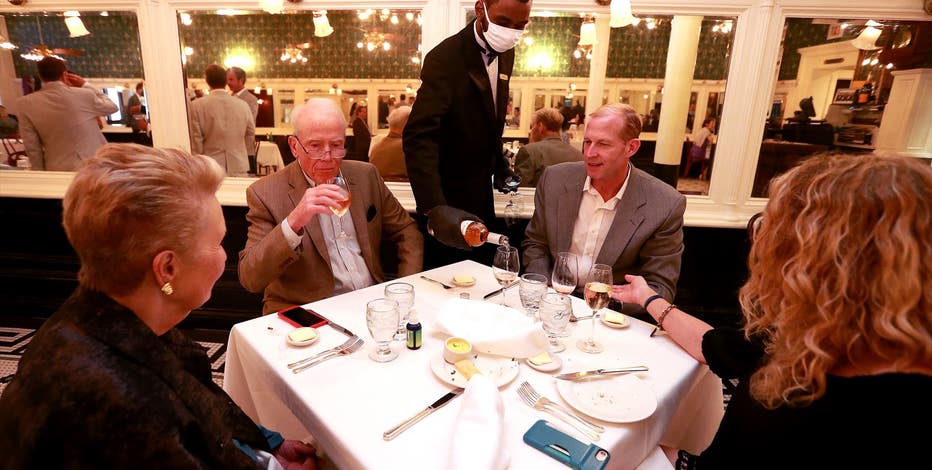Michigan Supreme Court denies request to place minimum wage proposal on 2024 ballot
(FOX 2) - Election season is still several months out, but already the ballot voters will be marking in November is already taking shape after a Michigan high court's decision to deny one proposal from making the final version.
On Friday, the Michigan Supreme Court denied a request by the group Raise the Wage to reinstate a ballot initiative that would have asked voters to raise the state's minimum wage to $15 an hour.
The group that decides what issues can go onto the ballot deadlocked on whether the proposal belonged last year, which means it wasn't certified. Raise the Wage sued the Michigan Board of State Canvassers arguing it had violated the law by refusing to certify.
But the state supreme court concluded the group "has not met the high burden of showing a violation of a clear legal right as is required to obtain" relief.
The canvassers failed to certify after Raise the Wage submitted a revised petition to the board.
This isn't the only minimum wage case before the high court. Justices are also considering a separate challenge that could have implications for Michigan's wages after a 2018 decision to "adopt and amend" a proposal that would have raised the amount of money businesses have to pay their workers.
At the time, the GOP-controlled legislature opted to approve a ballot proposal that would have gone in front of voters. Republicans then changed the proposal, reducing the wage increase.
For the group Michigan Opportunity, which has called the proposal "fatally flawed" and backed opponents to the effort, they framed the court ruling as a victory for the economy.
"And because both the Court and the Board noted that the One Fair Wage team’s sloppy, error-filled efforts resulted in hundreds of thousands of Michigan citizens signing petitions with language that would end the state minimum wage for thousands of workers – which was not the same petition language originally approved by the Board – the Court has essentially affirmed the Board’s refusal to move One Fair Wage’s effort to the November ballot," said spokesperson John Sellek.


